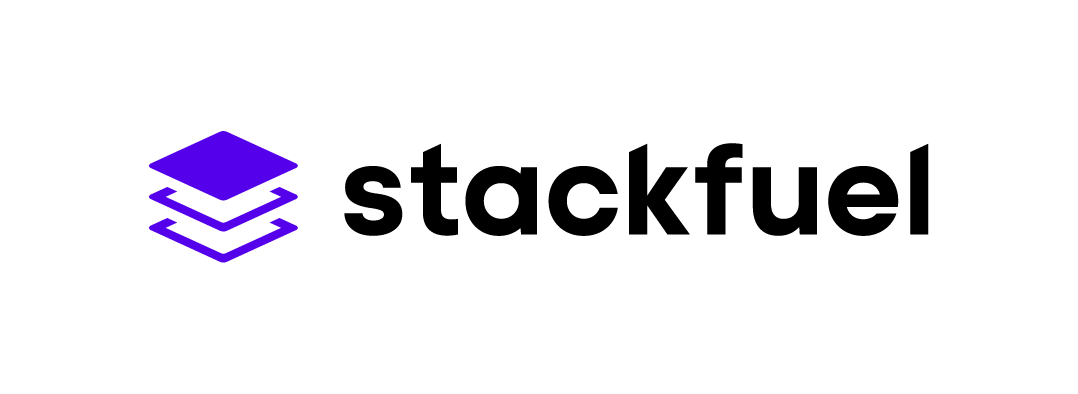Business Intelligence Analyst
Professional data analysis and data reports with SQL and Power BI - the online training course with certificate of completion

Contents
1. introduction to relational databases
- Introduction to the topic of databases
- Structure of relational databases
- Writing SQL queries and reading relational databases
- Extract company-relevant information
- Filter data with Boolean logic
2. deepening in SQL
- Grouping and sorting data
- Connecting queries with different joins
- Use subqueries and extended filter options
3. specialization in database design
- Structures of relational databases
- Database design and normalization rules
- Create or change tables and data
- Practical project: Designing and implementing a database
4. SQL in practice
- Own practical project from exploration to query
- Common Table Expressions (CTEs)
- Maintain an overview of complex queries
- Create ranking lists and calculate running totals over longer periods of time
- Tools for SQL practice
5. introduction to Power BI
- Workflow of classic data analyses
- Basic functions of Microsoft Power BI
- Data, model and report views
- Use filter functions
- Creation of a data model for an initial report
6. data preparation and visualization
- Best practices in data visualization
- Change and format visualizations
- Use visualizations in reports and dashboards
- Typical mistakes and how to avoid them
- Guidelines for comprehensible graphics
- Use of the Power Query Editor
- Linking different data sources
7. dashboards and DAX code
- Arrange reports and analyses in dashboards
- Applying the principles of data storytelling
- Advanced BI skills
- Basics of Data Analysis Expressions (DAX language)
- Integration of DAX in reports
- Write complex DAX code for calculations
- Generate columns, key figures and tables with DAX code
8. advanced topics
- Basic concepts of statistics
- Best practices for statistical data analysis
- Using machine learning in the BI process
- Perform cross-page drilldown
- Carry out influencing factor analyses
9. final project
- Analyzing air traffic unpunctuality at a major hub using real data sets
- Independent implementation of a complete data project with SQL and Power BI
- Presentation of results and 1:1 feedback meeting with mentoring team
- Receipt of the Business Intelligent Analyst certificate
How do you learn in the course?
This online course offers you a particularly practice-oriented learning concept with comprehensive self-study units and a team of mentors who are available to you at all times. A new chapter is unlocked for you every week. With a time budget of around 6 hours per week, you are sure to reach your goal in 12 weeks. This is how you learn in the course:
Data Lab: In the learning environment of the course, you can expect videos, interactive graphics, text and, above all, many practical exercises with comprehensive datasets. You can run these directly in the browser or import them into Power BI.
Mentor team: Your learning coaches are on hand to answer any questions you may have. They are experienced data analysts who will be happy to help you - via chat, audio or video call.
Webinars: Once a week you have the opportunity to take part in webinars and immerse yourself in selected special topics of data analysis.
Career coaching: What professional goals are you pursuing with further training and how can you achieve them? A team of mentors is available to help you achieve your career goals.
Final project: In your own data project, you will independently go through the entire business intelligence process and answer typical questions. At the end, you will present your project in a 1-to-1 feedback meeting with your mentoring team.
Certificate: After the final project, you will receive your official Business Intelligence Analyst certificate.
This online training is provided by our partner StackFuel GmbH. StackFuel specializes in training courses on data literacy, data science and AI.
Your benefit
In this practice-oriented training course, you will learn how to tackle data projects independently and carry out data analyses with large data sets.
You will learn how to use SQL and Power BI competently and how to carry out comprehensive data analyses, visualize them and present them convincingly.
You will learn how to clean, prepare and structure data for analyses.
You will gain comprehensive advanced knowledge of views, CTEs, subqueries and window functions.
You will learn how to use machine learning and algorithms to analyze data and calculate forecasts.
After the training, you will be able to visualize company data in a meaningful way and make it interactively accessible in dashboards.
You not only learn theory, but also apply the methods and techniques in many practical exercises and consolidate your knowledge quickly and sustainably.
Recommended for
The Business Intelligence Analyst online training course is suitable for anyone looking for comprehensive training on the topics of data analysis, relational databases and Power BI. No prior knowledge is required.
The training is suitable for career changers and offers the ideal introduction to Business Intelligence for the career goal of Power BI Analyst or Developer or Business Intelligence Analyst or Consultant.
Further recommendations for "Business Intelligence Analyst"
34046





